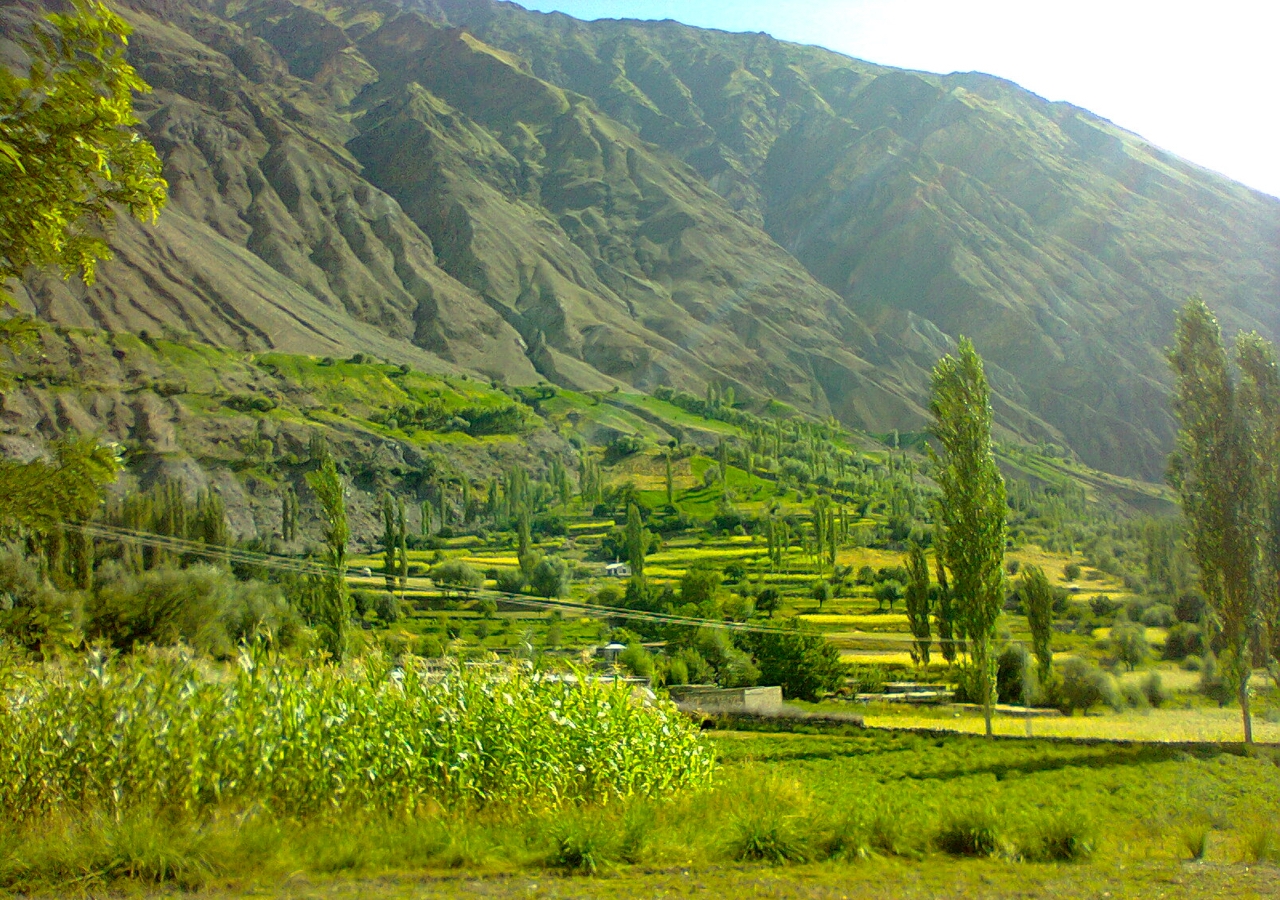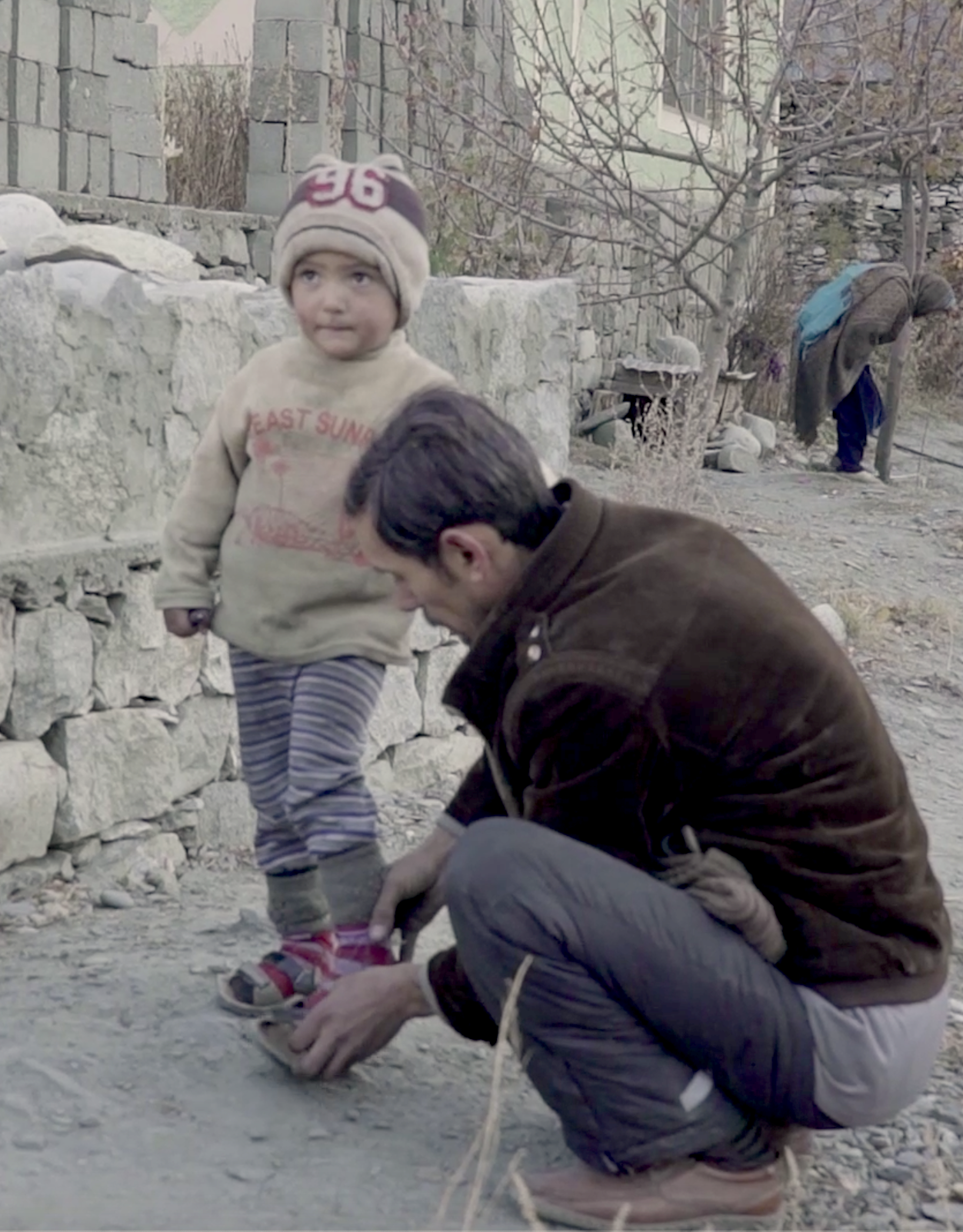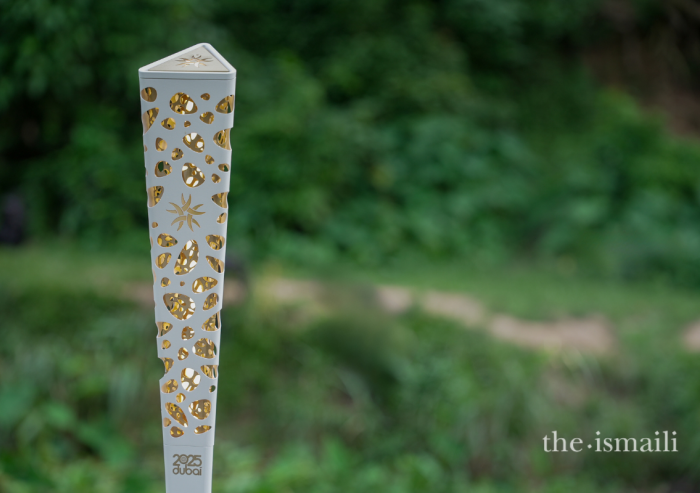Immit, a picturesque valley in Gilgit-Baltistan is home to many ethnic groups living together peacefully. The snow capped mountains of Immit are known as the gateway to Yarkhun Valley of Chitral, where Rajahs once travelled on their journeys across Asia.
Due to the harsh climate, the local soils require labour-intensive work to become suitable for cultivation, and the low income earned from farming leaves little to no money to save, so Sharifullah began to look elsewhere for his livelihood.
Passionate about his dream, and with the help of the Socio Economic Development Programme (SEDP), Sharifullah received training in vehicle repair in Gilgit.
“With the support of SEDP, I purchased tools and built a bike repair workshop. They showed me the way and then I worked hard to achieve my goals,” he said.
SEDP is an initiative of the Ismaili Council for Pakistan, with a primary goal to improve the quality of life of remote communities in the mountainous regions of Pakistan. The aim is to uplift marginalised communities from the vicious, generational cycle of poverty and improve their overall socio-economic status by addressing issues like food and nutrition, health, education, youth development, income, and habitat.
Skills development is a major component of SEDP to aid beneficiaries with marketable skills. SEDP provides formal and informal vocational training opportunities that include areas such as automotive and bike repair, cosmetology, carpentry, electrical training, hospitality/hotel management, midwifery, health, plumbing, and furniture making. The programme has an extensive impact not only on an individual’s income level, but also helps to increase access to quality education and health as well as an improved social status in society.
“Even if I can save 10 or 20 rupees a day, I will save it. I want my children and their children to have a bright future,” shared Sharifullah.
The sustenance support programme of the SEDP caters to the basic requirements of marginalised families and provides them with the opportunities and prospects for a respectable life with confidence and dignity.
Sharifullah can now earn enough to continue his mission of saving not only for himself but for future generations to come.









